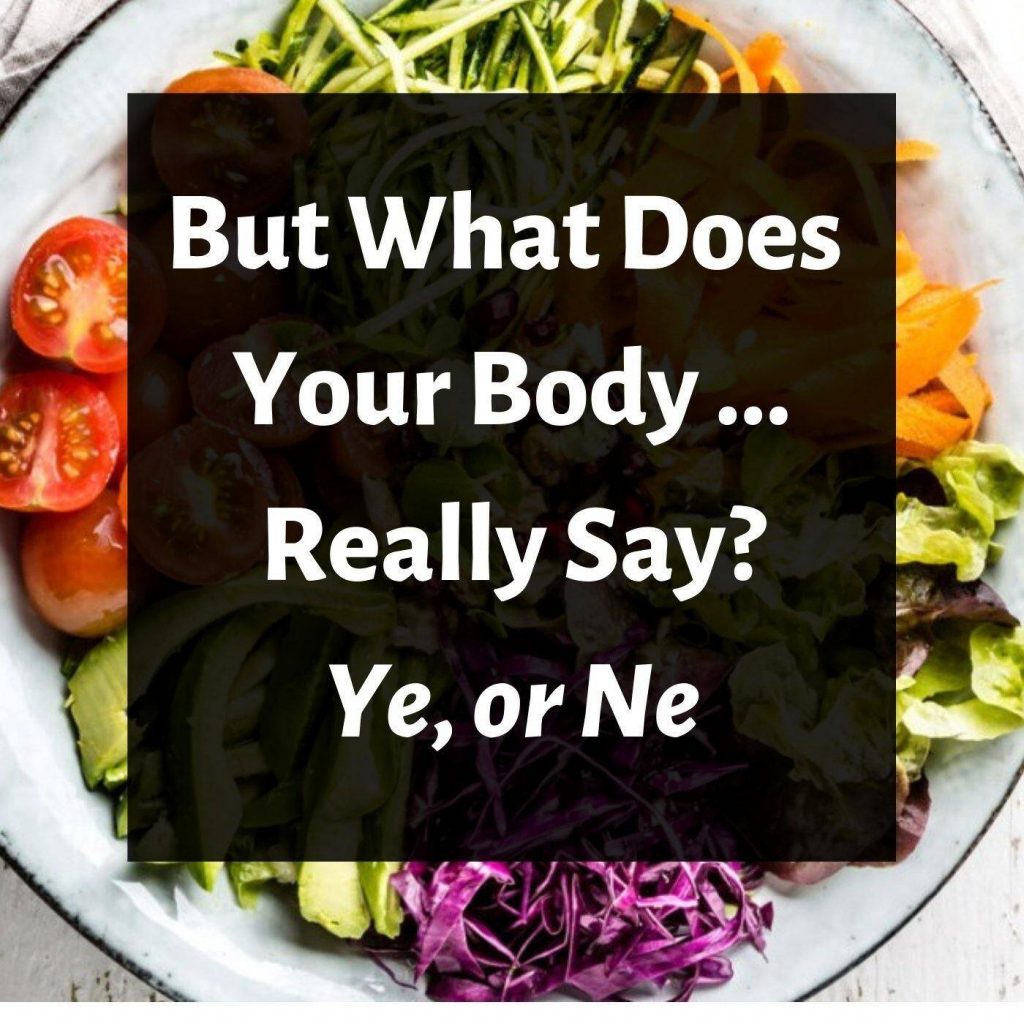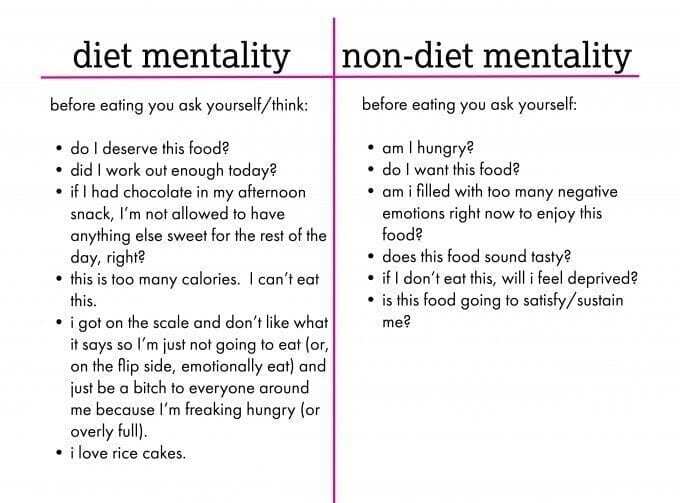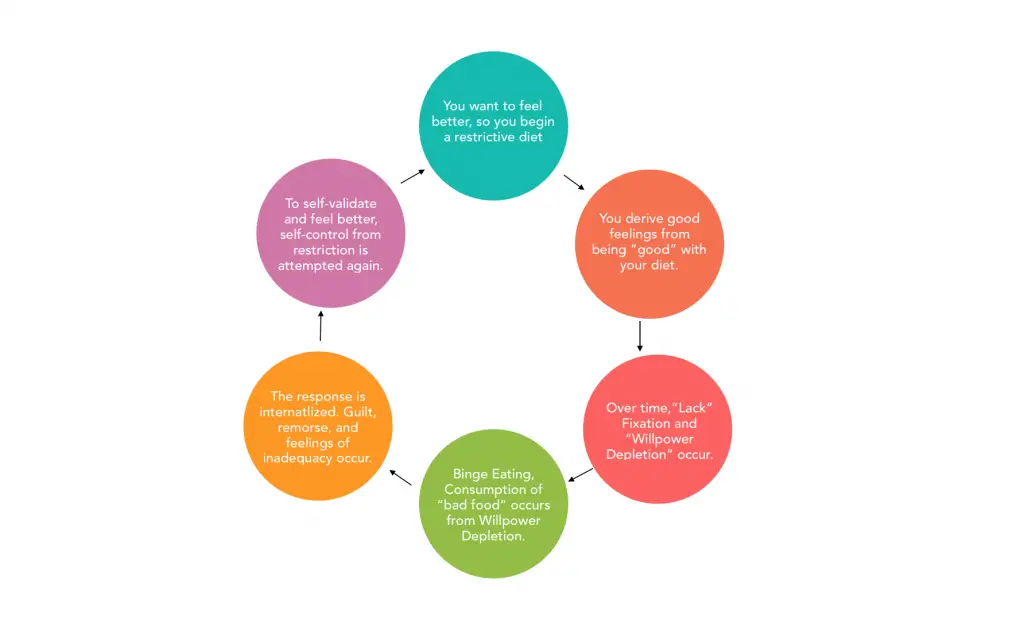Let’s talk about perfectionism, fearful food rules and eating disorder symptoms because over Thanksgiving break I heard this:
“If I eat after 8pm I’ll gain weight.”
I was back home in Sacramento. While I currently reside in Santa Clara as an Eating Disorder Therapist, over the holidays I went back up home.
(Please note the article is updated so the publishing date is later)
My family had about 15 people over…
We had food, and everyone enjoyed themselves. But in a crowd of 15 people, I knew there would be at least one person with food struggles, if not more.
I was right. There would be an element of perfectionism and eating disorder symptoms involved before the night’s end.

8pm rule turns out to be too perfectionistic and eating disorder symptoms (probably) results
Before telling the rest of this story …
I do want to admit that I have limited data. Only my perspective. I didn’t talk to this person in question. I don’t know what she was thinking and feeling.
However, I’ve seen before again and again that having rigid food rules sets us up to ‘fail’ these food rules…
Let’s continue our story:
Later on in the evening everyone was relaxing. A few people were playing board games while the others were sitting and chatting over wine.
At about 8pm someone mentioned dessert. And I couldn’t help but hear an offhand comment:
“As part of my intermittent fasting, I am not eating after 8pm because then my metabolism will slow down and I’ll gain weight. If I eat after 8pm I’ll gain weight.”
It was an offhand comment. But it caught my eye because of the precision.
The arbitrary precision. 8pm? Why 8pm? Why not 8:05 pm?
Now to be clear, this was not a proclamation to change anyone else’s behavior. Thank God. The woman said this quietly. I almost didn’t hear it.
Have you ever been part of a conversation where one person is targeting the ‘fat’ person and trying to get them to be ‘healthier’ and the other person is having none of it?
Yeah, those conversations are the worse.
This wasn’t like that. The woman who spoke, it was more a message to herself, a reminder to stick to her intermittent fasting plan. Heck, she might’ve not even known she spoke it aloud.
I didn’t say anything to her about it.
But I thought about it. 8pm?
Now before we go on … one quick message! Intermittent fasting is FINE. I’m not telling you to intermittent fast or to not intermittent fast.
I simply bring up this scenario for you because it’s easy to relate to.
You might not even care about intermittent fasting …
But do you have any similar food rules that are backed by science that have pass or fail mentalities built into them?

First, let’s just break down this statement:
I am not eating after 8pm because then my metabolism will slow down and I’ll gain weight. If I eat after 8pm I’ll gain weight.”
The key is to see that it doesn’t matter …
Whether true or false, this statement sets you up for the trap of perfectionism and eating disorder symptoms .
Notice how this is an if-then statement?
If you eat evening the evening, specifically after 8pm, then you will gain weight.
See, perfectionism statements are black-and-white statements.
Like eating 1200, 1300, 1400 or any set number of calories per day. Those are all black-and-white perfectionist rules.
And usually the stakes are very high if you break these rules.
Like here … you will gain weight, if you eat after 8pm.
This is written and spoken like if someone said ‘she will get cancer if she eats after 8pm.’
Is cancer really the same equivalent as eating after 8pm? Hell no.
And yet you do this all the time – food rules
I guarantee you you have food rules.
I do.
Food rules are natural.
Your mind naturally places things into categories and wants everything to be nice and neat and easy to understand.
Ahhhhh. Wouldn’t life be wonderful if it was nice and neat and easy to understand?
The real issue isn’t food rules.
The core dilemma is not being aware of your food rules and letting them dictate how you feel about yourself, especially when you “break” or fail to live up to these perfectionistic standards.

The problem is when you fail – perfectionism.
When you have a black-and-white food rule, then you when you fail…
Perfectionism gives your shame voice an opening to attack you.
Your shame voice is:
- the sense of failure you have
- the guilt you have over being lazy or lacking discipline
And this shame voice can erupt when you view yourself as failing an important rule.
Here’s one key to stop perfectionism and eating disorder symptoms
Add in after your food rules … this little phrase … For The Most Part.
In the example above …
If I eat after 8pm then I’ll gain weight – for the most part.
This little phrase does a couple things that are appropriate for this post.
This gives you total permission to keep your rules and to not think too hard about whether or not your rules are ‘right or wrong’.
All this simply does is give your rules some more flexibility.
With this little shift in perspective, you can prevent yourself from being attacked by your perfectionism!
Sadly, the woman ate nonetheless after 8pm. And she ate a lot.
I hate to be annoying here. I am just listing the facts.
I know “a lot” can sound judgmental.
And who the hell am I to be watching and keeping track of someone as they eat dessert? Very stalkerish.
I know. I couldn’t help myself.
I just wanted to conduct a little experiment on my own …
To see if this woman would eat more if she broke her rule.
She did.
I don’t want to go into too many details here, but there were multiple servings.
And there’s nothing wrong with multiple servings!
I am just betting because she had already eaten thanksgiving dinner, that she had disconnected from her body at this point.
By “failing” the rule, she then disconnected. This behavior then in turn enabled her to get more portions than she probably would have done if she had a more flexible mindset.



